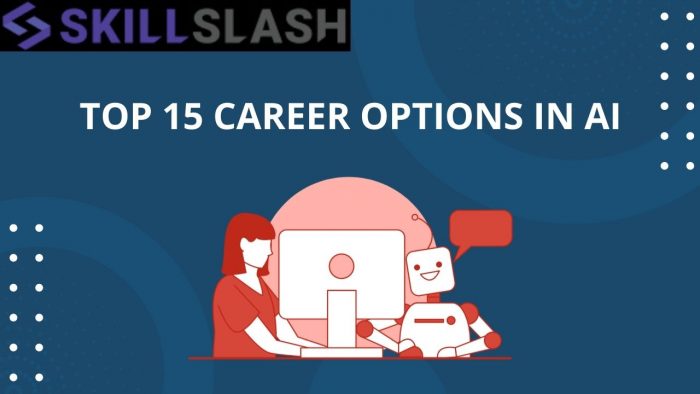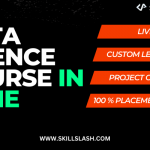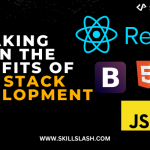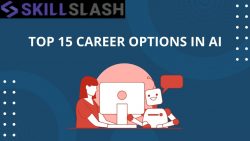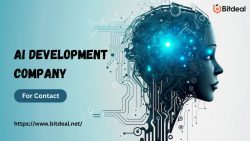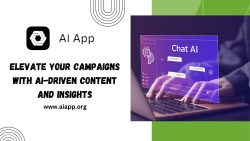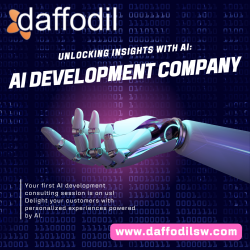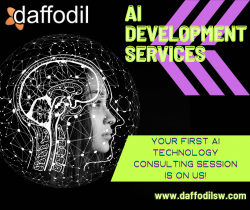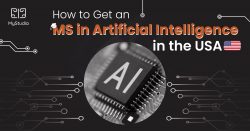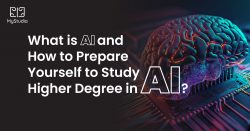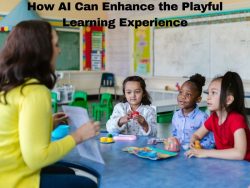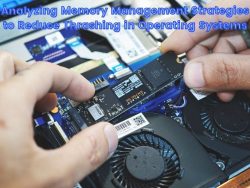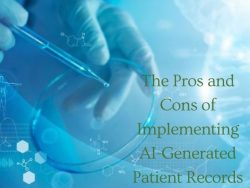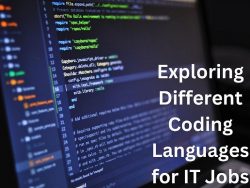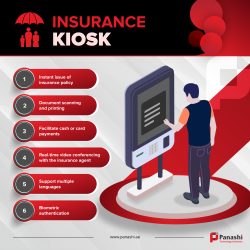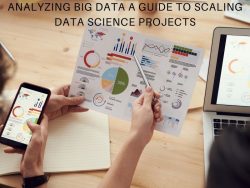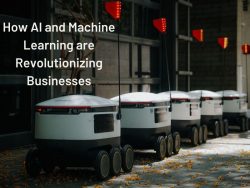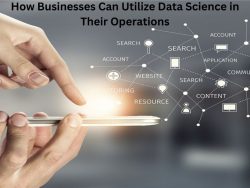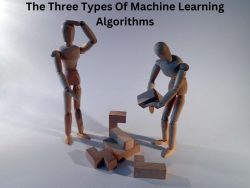Exploring Job Roles in Artificial Intelligence – TOP 15 CAREER OPTIONS IN AI
Artificial Intelligence (AI) has emerged as a transformative technology with vast potential to revolutionize industries across the globe. As AI continues to advance, an increasing number of job opportunities have emerged in this cutting-edge field. From developing AI algorithms to implementing AI-driven solutions, professionals with expertise in artificial intelligence play critical roles in shaping the future of various sectors. This essay delves into the diverse job roles in AI, highlighting their significance and the skills required to excel in each role.
TOC \h \u \z \n \t "Heading 1,1,Heading
2,2,Heading 3,3,Heading 4,4,Heading 5,5,Heading 6,6,"Exploring Job Roles in Artificial Intelligence – TOP 15 CAREER OPTIONS IN AI
4. Natural Language Processing (NLP) Engineer:
12. AI Infrastructure Engineer:
15. AI Integration Specialist:
Data scientists are responsible for collecting, analyzing, and interpreting large volumes of data to identify patterns and trends.
They develop algorithms and models that power AI systems, making data-driven decisions possible.
Skills Required: Strong programming skills, data analysis, statistical modeling, machine learning, and domain knowledge.
Machine learning engineers design and implement machine learning models, ensuring their accuracy and efficiency.
They work on training models and fine-tuning algorithms to improve AI system performance.
Skills Required: Proficiency in programming languages (Python, R, etc.), machine learning libraries (TensorFlow, PyTorch), and a solid understanding of data structures.
AI research scientists focus on the theoretical aspects of AI, conducting cutting-edge research to advance the field.
They explore new algorithms, frameworks, and techniques to solve complex AI problems.
Skills Required: Strong mathematical and analytical skills, programming expertise, and experience in AI research.
4. Natural Language Processing (NLP) Engineer:
NLP engineers develop AI systems that can understand and interact with human language.
They work on chatbots, virtual assistants, and language translation applications.
Skills Required: Proficiency in NLP algorithms, linguistics, machine learning, and programming languages.
Computer vision engineers design systems that can interpret and process visual information from the world.
They work on applications like facial recognition, object detection, and image segmentation.
Skills Required: Expertise in computer vision algorithms, image processing, deep learning, and programming languages.
Robotics engineers develop intelligent machines and robotic systems capable of performing complex tasks.
They work on autonomous vehicles, drones, and industrial robots.
Skills Required: Strong knowledge of robotics, control systems, sensor integration, and programming.
AI ethicists ensure that AI systems are designed and deployed responsibly, considering ethical implications.
They address issues related to bias, fairness, transparency, and privacy.
Skills Required: Background in ethics, legal studies, AI policy, and excellent communication skills.
AI product managers oversee the development and implementation of AI-powered products and solutions.
They work closely with cross-functional teams to define product requirements and roadmap.
Skills Required: Strong product management skills, AI domain knowledge, and an understanding of market trends.
AI software developers design, develop, and implement AI algorithms and applications.
They work on creating AI-driven software and integrating AI technologies into existing systems.
Skills Required: Proficiency in programming languages, AI frameworks, software development, and problem-solving.
AI consultants provide expertise and guidance to businesses on adopting AI technologies.
They help companies identify AI opportunities and strategize their AI initiatives.
Skills Required: In-depth knowledge of AI technologies, business acumen, and consulting skills.
AI trainers or annotators create datasets by labeling and annotating data for machine learning algorithms.
They play a crucial role in training AI models and ensuring accuracy.
Skills Required: Attention to detail, domain knowledge, and familiarity with data annotation tools.
12. AI Infrastructure Engineer:
AI infrastructure engineers build and manage the infrastructure required to support AI systems.
They work on optimizing hardware, software, and networking for AI deployments.
Skills Required: Proficiency in cloud computing, distributed systems, and AI infrastructure tools.
AI sales specialists are responsible for selling AI products and services to potential clients.
They understand customer needs, deliver product demonstrations, and close deals.
Skills Required: Strong sales and communication skills, AI domain knowledge, and relationship-building abilities.
AI security specialists focus on securing AI systems and protecting them from potential threats and vulnerabilities.
They implement security measures and ensure compliance with data privacy regulations.
Skills Required: Knowledge of AI security protocols, cybersecurity, and data protection laws.
15. AI Integration Specialist:
AI integration specialists work on integrating AI solutions into existing systems and workflows.
They ensure seamless deployment and performance optimization of AI technologies.
Skills Required: Proficiency in software integration, API development, and AI solution implementation.
In conclusion, the world of artificial intelligence offers an expansive and dynamic landscape of job roles, each playing a crucial role in shaping the future of technology and driving innovation across industries. From data scientists deciphering complex patterns in massive datasets to machine learning engineers creating cutting-edge algorithms, and from AI researchers pushing the boundaries of knowledge to NLP engineers making human-computer interaction seamless, the array of opportunities in AI is boundless.
As technology continues to evolve, so do the opportunities for AI professionals. The emergence of fields like computer vision engineering, robotics, and AI ethics underscores the versatility of this domain. AI product managers and consultants bridge the gap between technology and business, envisioning and strategizing AI-powered products and services that meet real-world needs. AI trainers and annotators lay the foundation for intelligent machines by curating and labeling high-quality datasets. AI infrastructure engineers enable scalable and efficient AI deployments, and AI sales specialists leverage their expertise to promote and propagate the adoption of AI solutions.
Furthermore, the growing awareness of AI’s ethical implications has sparked the demand for AI ethicists, ensuring responsible and fair use of AI technologies. The convergence of AI and cybersecurity has birthed AI security specialists, guardians of AI systems’ integrity and protection against malicious threats.
As the demand for AI professionals surges, so does the need for nurturing a diverse and inclusive talent pool. Building a workforce with varied perspectives and backgrounds will lead to more inclusive AI solutions that address global challenges with empathy and understanding.
The world is witnessing an AI revolution, and the job roles in this domain have become essential in driving economic growth and societal progress. AI is unlocking new possibilities in healthcare, finance, education, transportation, and beyond. It is revolutionizing industries and transforming the way we interact with technology and each other.
The journey of AI has just begun, and there is an extraordinary realm of untapped potential waiting to be explored. The quest for cutting-edge AI applications, more ethical AI frameworks, and AI-powered solutions that benefit humanity will fuel a continuous demand for skilled AI professionals. It is imperative for aspiring AI enthusiasts to equip themselves with a diverse skill set, embrace lifelong learning, and stay at the forefront of this ever-evolving domain.
In this vast landscape of artificial intelligence, opportunities are limitless, and the potential to create positive change is boundless. As the world adapts to the AI revolution, it is the collective efforts and dedication of AI professionals that will shape a future enriched by the transformative power of AI. As we step into this AI-driven era, let us embrace its potential responsibly, leveraging it to build a more inclusive, innovative, and sustainable world for generations to come. The possibilities are infinite, and the future of AI is limited only by our imagination and determination to drive progress together.
